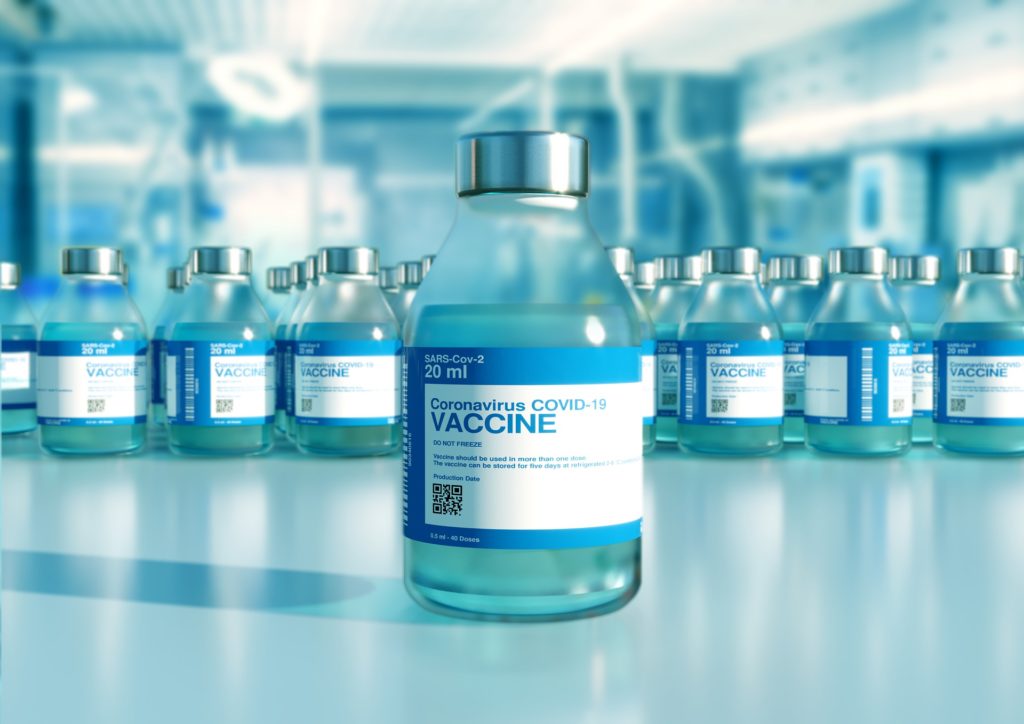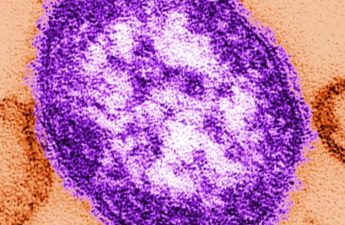
LET’S ANSWER THOSE QUESTIONS ABOUT COVID-19 VACCINES
Keith Seinfeld, Public Health – Seattle & King County
As deadlines near for COVID-19 vaccination mandates, you or someone you know may have questions about the vaccines. There’s plenty of mis-information available. For reliable answers, local health specialists from Public Health—Seattle & King County have been answering many key questions.
We have a few of the common ones here — and many more answers on our FAQ webpage and our Fact-checking webpage.
What do we know now about how safe and effective the COVID-19 vaccines are? Has that changed now that more than 180 million people are fully vaccinated in the U.S.?
We now have more than nine months of experience with COVID-19 vaccines, and one of those vaccines (from Pfizer) has already passed all of the investigation required for final approval from the U.S. Food and Drug Administration (FDA). And in this time, we have learned:
- All three of the vaccines available in the U.S. are very safe. People may have temporary side effects (such as feeling very tired and achy for a day or two). But the number of people with serious reactions to the vaccines is extremely low.
- All three of the available vaccines are proving effective, even against the Delta variant. We measure effective based on how well they prevent people from getting so sick that they need to go to the hospital, or face dying. For example, during September 2021 in King County, people who are not fully vaccinated are more than 40 times more likely to need hospitalization for COVID-19 than people who are vaccinated. And people not fully vaccinated are more than 50 times more likely to die from COVID-19.
- Highly effective does not mean 100% effective. No vaccine, against any disease, is 100% effective. No medication to treat disease is 100% effective.
- The vaccines limit how much people spread the virus (but they do not completely stop us from spreading it). People who are vaccinated are far less likely to get infected, even if they are exposed. And if you are not infected, you can’t spread the virus to others. Even if a vaccinated person does get COVID-19, they usually have it for a shorter period of time, and that means they spread it less than someone who is not fully vaccinated. The U.S. Centers for Disease Control and Prevention (CDC) is continuing to assess data on whether fully vaccinated people with asymptomatic breakthrough infections can transmit the virus.
If I had COVID, why should I get vaccinated? Don’t I already have immunity?
After being infected with the coronavirus, you will develop antibodies and some immune protection. The amount of protection can vary significantly among different individuals. Experts do not yet know how long you are protected from getting sick again after recovering from COVID-19. Even if you have already recovered from COVID-19, it is possible that you could be infected with the virus that causes COVID-19 again. Recent research published by the CDC found that people who had survived COVID-19 in Kentucky and remained unvaccinated were more than twice as likely as vaccinated survivors to become reinfected.
The bottom line: Vaccines offer a more predictable protection, and it will likely last longer.
If I can still get infected after being vaccinated, and still be contagious, then why is there so much focus on getting everyone vaccinated?
There is a huge personal benefit from getting vaccinated: Most vaccinated people avoid serious illness, as the Delta variant of COVID-19 spreads rapidly in our community. It helps to protect you, your friends and family, and other people in the community from COVID-19. That means you are less likely to miss work or school, to need medical care and the expense that comes with it. You are less likely to infect your family and friends.
And as a community, the only way we can get past this pandemic is to have an overwhelming majority of our residents protected from COVID-19 and taking precautions to limit its spread.
- Vaccinated people are less likely to become infected and to spread the virus to others. Every person who gets fully vaccinated is helping limit how much COVID-19 we have in our community. And it reduces the possibility of the virus replicating and mutating (and possibly becoming more resistant to vaccines).
- Wearing masks and social distancing help reduce your chance of being exposed to the virus or spreading it to others, but these measures alone are not enough. Vaccines will work with your immune system so it will be ready to fight the virus if you are exposed.
- Over time, as more people are vaccinated, we may no longer need some of the other COVID-19 prevention measures that are necessary at this time.
Learn more
- Wondering about how these vaccines were produced so rapidly, how the mRNA vaccines work, or who needs a third dose of a vaccine? Those and other questions are on our FAQ
- Wondering about rumors that vaccines can make you magnetic, or alter your DNA? Those and other myths are addressed in our Fact-checking section.
Originally published September 29, 2021


